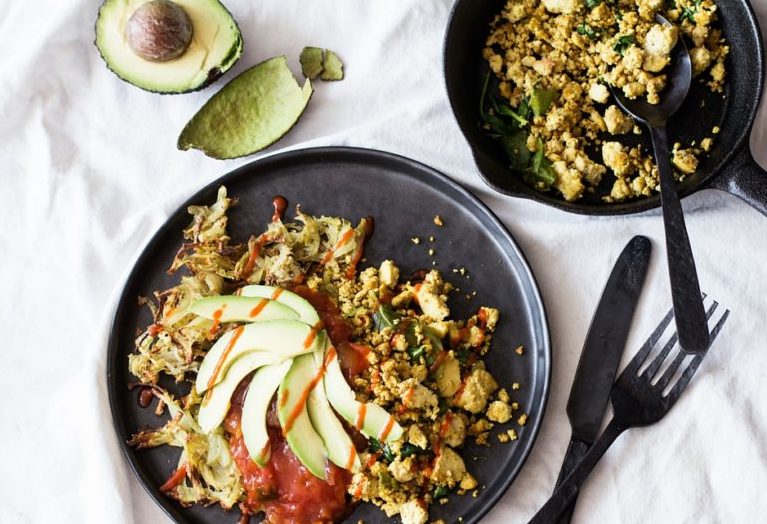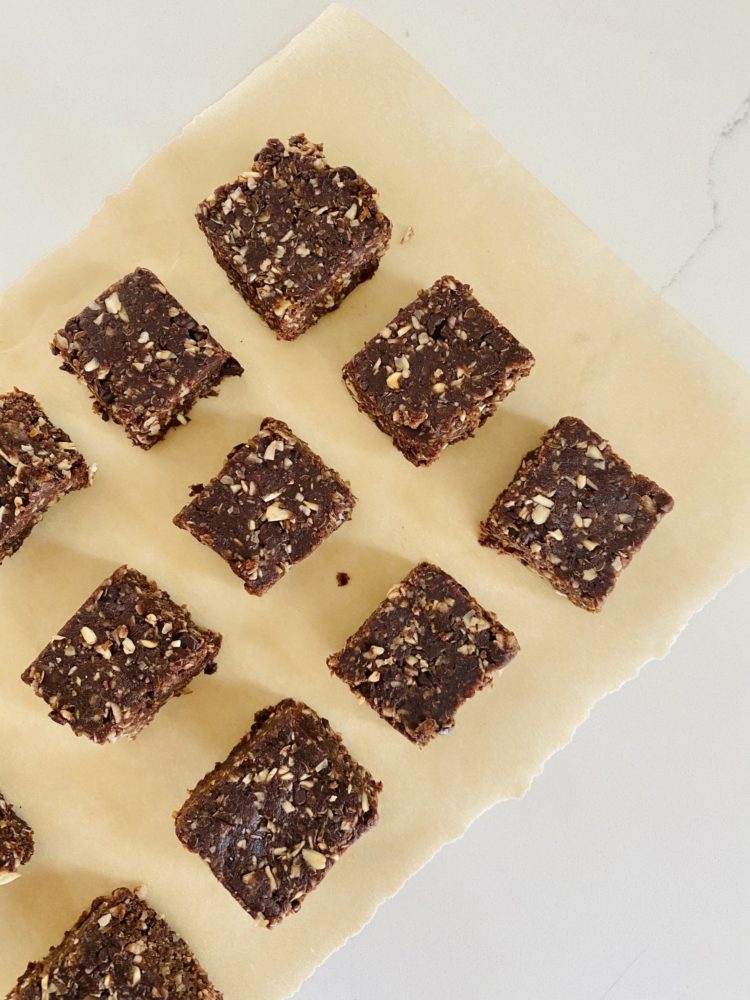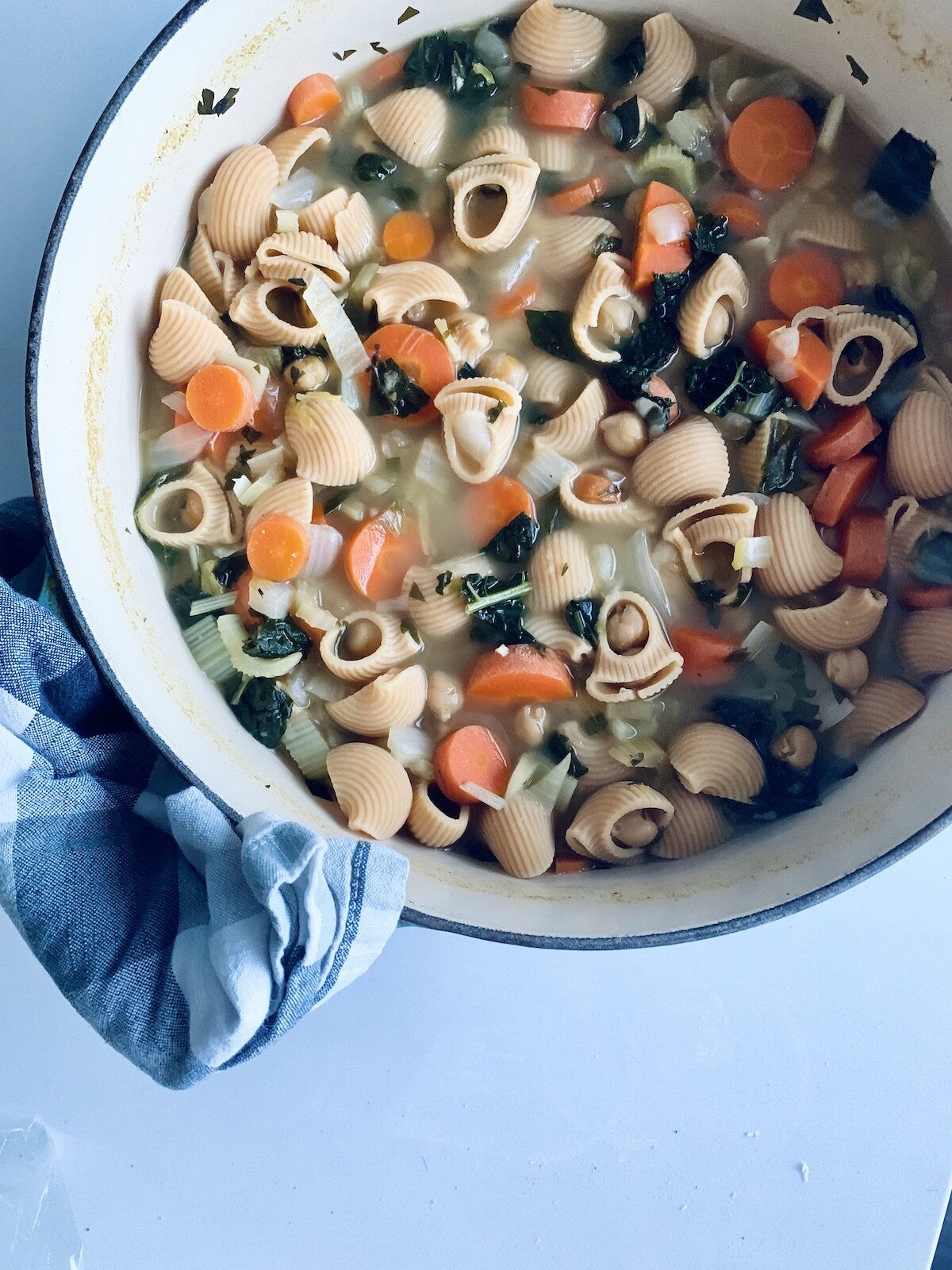“Too bland”, “flavorless”, “boring” – these are just a few ways I’ve heard healthy foods described over the years. Many have come to believe that when you sign up for eating healthy foods, you have to leave your pleasure and enjoyment at the door. But these folks are mistaken. If eating more veggies, fruits, beans, and whole grains is one of your goals, I’m going to show you how you can adapt your tastebuds to get more pleasure out of these foods. Yes, I said pleasure.

Pleasure is a key ingredient in our eating experience. When your palate rejects health-supporting foods, it makes sense that you struggle to make room for them on your plate. Instead, you want to train your tastebuds to enjoy healthy foods. I want you to enjoy, savor, and derive pleasure from the foods you eat, and not just choke down your veggies in the name of health. Research shows that we actually absorb more nutrition from pleasurable meals. Pleasure is king!
“Research shows that we actually absorb more nutrition from pleasurable meals.”
If you find yourself in the camp of “I’ve never met a vegetable I liked,” it’s possible that your tastebuds have become accustomed to a more…. psychedelic eating experience. This can happen from eating all the super sweet, salty, fatty, and chemically-flavored foods that are so common these days. These hyperpalatable foods, when eaten with enough frequency, actually begin to alter taste preferences so that a naturally sweet carrot or unsalted tomato truly doesn’t taste great.
The good news?
You can adapt your tastebuds and retrain your palate.
But first, a few important caveats…
Things to keep in mind as you adapt your tastebuds:
First, some of your taste preferences may be genetic.
Some foods you may never like, and that is okay! Luckily, there are an estimated 20K+ species of edible plants in the world.
Second, humans are programmed to like sweetness – it’s not bad.
Evolutionarily, sweetness was a sign of safe, nutritious food, and even breast milk contains sugar. The key with sweetness is the intensity of it. You can re-sensitize your palate so that the more subtle sweetness of ripe fruit tastes satisfying.
Third, just like all nutrition topics we discuss here, we always want to be on the lookout for “diet behavior.“
Diet behavior is the tendency to turn nutrition knowledge into rules and restrictions. Retraining your palate does not mean you have to banish your favorite desserts or salty snacks from your life. This information is meant to empower you with the possibility that your taste preferences are not set in stone. You can maximize the pleasure you get from eating foods that support your health.
How To Adapt Your Tastebuds To Enjoy Healthy Foods
1. Re-sensitize
Hyperpalatable foods have a blunting effect on your tastebuds. For example, your tastebuds get used to a certain dose of sweetness and continuously require more to be satisfied. But, since your tastebuds only have a three week lifespan, it only takes about a month of giving them a break to re-sensitize them. Try conducting a one month experiment of reducing your added sugar or salt intake to see how it affects your tastebuds. If possible during your experiment, treat yourself to really high-quality foods. Go to a local orchard so you can pick fruit right off the tree and taste it’s freshness. Try seasoning foods with different herbs and spices, try new foods like sweet and caramely Medjool dates, or try new preparation methods like grilled peaches.
2. Try, try again
Our taste preferences are as much mental and emotional as they are physical. Our experiences with and our exposure to foods influence our taste preferences. This means that repetition can help you develop a preference for new foods and adapt your tastebuds. In child feeding practices, it can take as many as 20 exposures to a new food for a child to decide to try it. Adults are no different! We gravitate toward the familiar. This explains why a food can be beloved for one culture and repulsive for another (think Stilton cheese in France or kimchi in Korea). So, if you don’t like something the first time, I encourage you to keep trying it. Try serving new foods paired with foods and flavors you already love. Use broccoli as a pizza topping, throw kale into a smoothie, or mix shaved Brussels sprouts into a salad.
3. Experiment
When I help people bolster their cooking skills, I often find that people don’t like certain foods simply because they haven’t yet learned to prepare them in a way they enjoy. If you’ve only eaten green beans from a can, you’re missing out on their crisp snap and mild sweetness. If you’ve only had sweet potatoes with marshmallows, you don’t know how delicious they are roasted with chili powder and salt. Instead of thinking, “I don’t like sweet potatoes,” think, “I don’t like sweet potatoes prepared with marshmallows”. And then find a new way to try them. To adapt your tastebuds, you have to start with flavors and textures that appeal to you. Browse the PBM recipe library for inspiration or download the free 7 Day Meal Plan.
Eating is one of our greatest sources of pleasure and so is feeling healthy and energized so we can do all the things in life we love. These things are not mutually exclusive – you can have your health and your pleasure too! Use these simple strategies to adapt your tastebuds to enjoy foods that support both health and pleasure.


